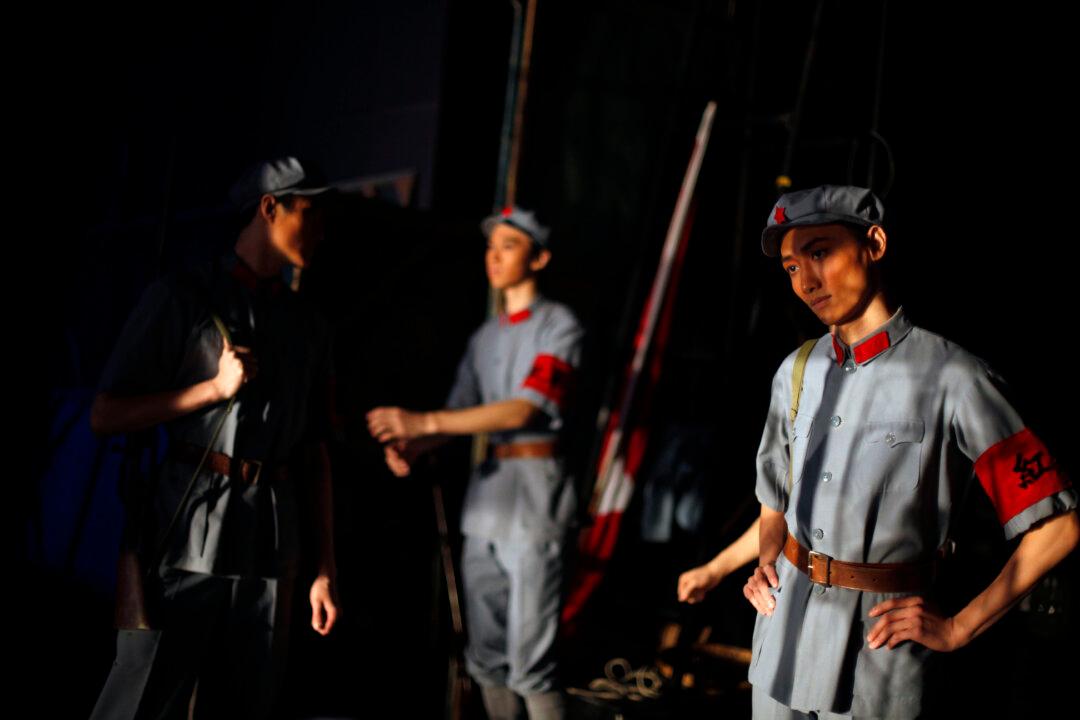My great-grandfather was a landowner in southern China prior to the communist takeover in 1949. Possessing about three acres of rice paddies and a lychee orchard placed him squarely in the “landlord” class—a group of people the new regime was determined to dispose of using “the greatest force,” as Mao Zedong put it.
Accompanying and legitimizing Chairman Mao’s coming campaign of mass murder was the remolding of national arts and culture.




